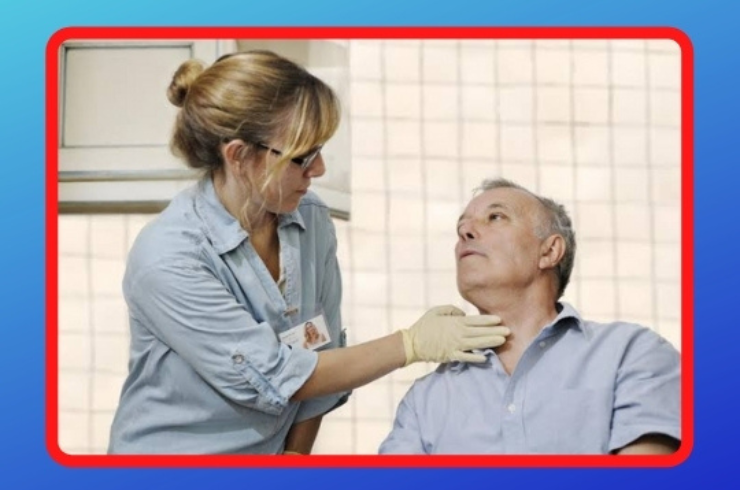
Swallowing is a complex process involving the mouth, throat (pharynx), and esophagus. When this process is disrupted, it can lead to swallowing difficulties, known as dysphagia and odynophagia.
Dysphagia
Dysphagia is the sensation of food or liquid being stuck in the throat or chest. It can make it difficult to swallow and may lead to coughing or choking.
Odynophagia
Odynophagia refers to pain while swallowing, often due to infection or inflammation in the throat or esophagus.
Tests may include:
Treatment options include:
Seek medical attention if you experience:
Prompt treatment can help prevent complications like malnutrition or aspiration pneumonia.
Schedule your consultation today and start your journey to better health!